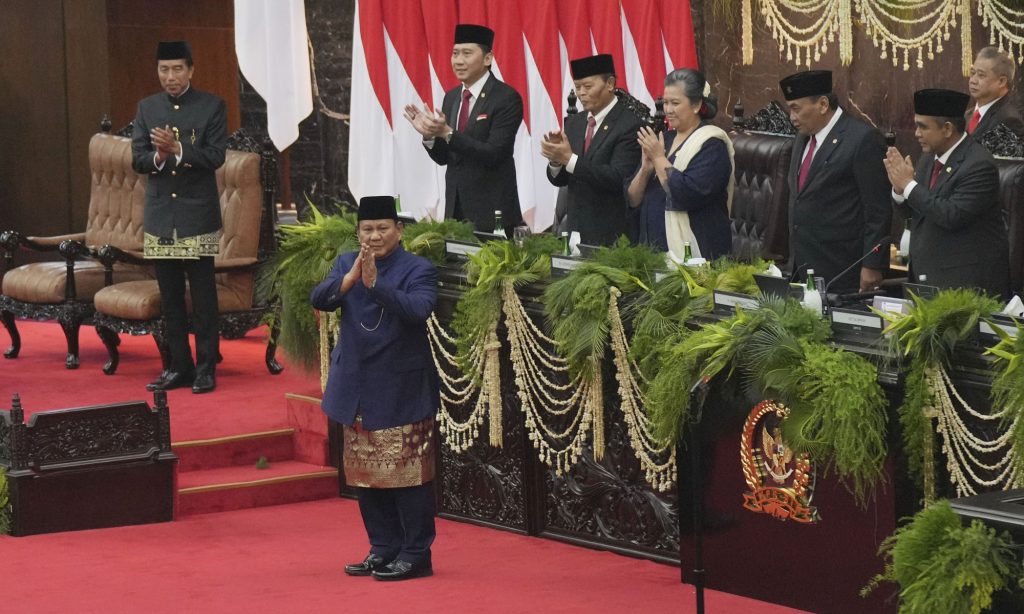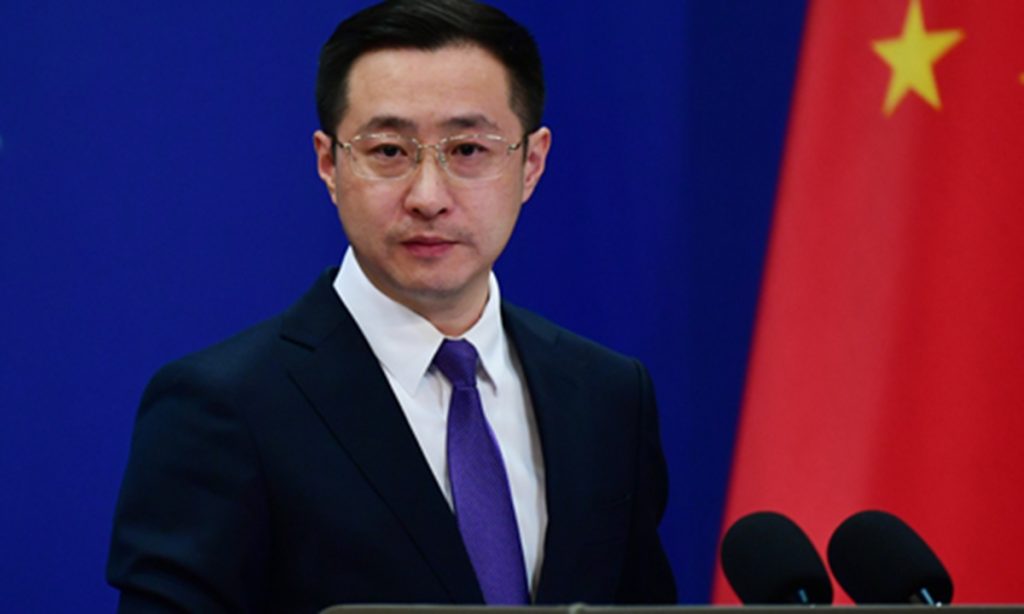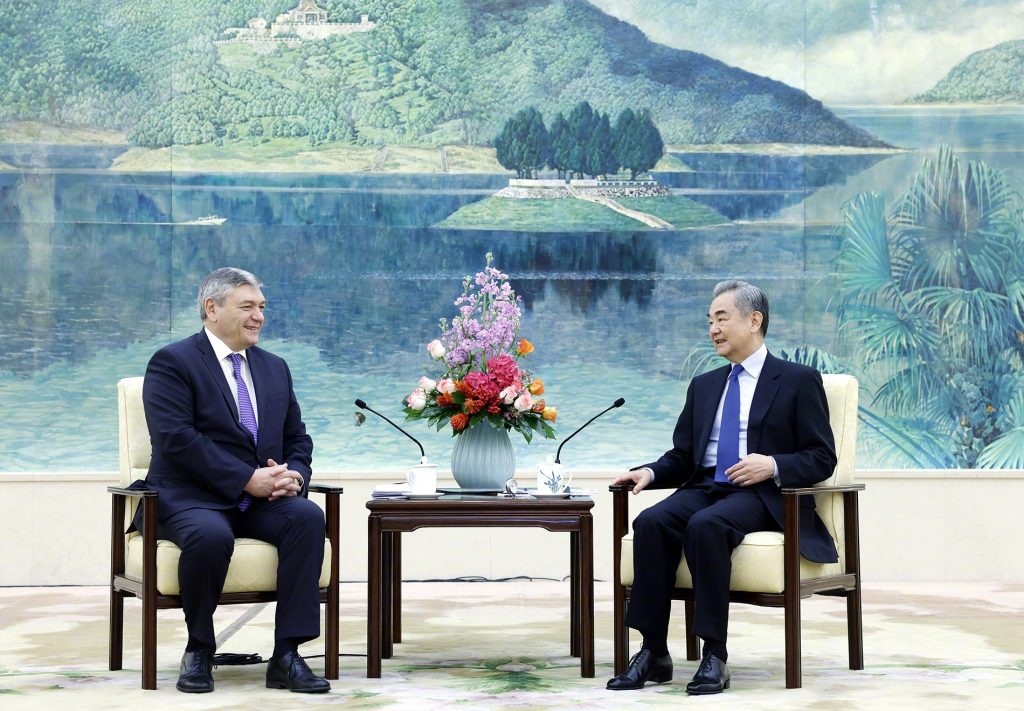Indonesia President Prabowo kicks off state visit to China

Indonesia's President Prabowo Subianto began a state visit to China on Friday, making China his first overseas destination after taking office. Analysts said that the visit underscores Prabowo's commitment to strengthening bilateral relations and the high level of cooperation between China and Indonesia, and will further push the building of a China-Indonesia community with a shared future.
At the invitation of President Xi Jinping, Prabowo will pay a state visit to China from Friday to Sunday. President Xi will hold a welcoming ceremony for him, and the two heads of state will hold talks. Premier Li Qiang and Zhao Leji, chairman of the National People's Congress Standing Committee, will meet with him respectively, according to the Chinese Foreign Ministry.
Prabowo's decision to make China the first country to visit after his election in March, and again as his first destination after taking office, underscores the high priority he places on China-Indonesia relations. This move highlights the strength of bilateral ties and signals Indonesia's continued commitment to cooperation with China under his administration, Ge Hongliang, vice dean of the ASEAN College at the Guangxi Minzu University, told the Global Times on Friday.
Prabowo shows a strong commitment to building on former president Joko Widodo's policies. With the solid foundation laid by Joko's tenure, China-Indonesia cooperation is expected to remain a focus in Prabowo's foreign policy, said Ge.
The Indonesian Ministry of Foreign Affairs said in a release on Tuesday that Prabowo's first state visit to China "holds significant importance for the commitment to strengthening the comprehensive strategic partnership between Indonesia and China in various fields."
Ge said that how to further promote projects under the Belt and Road Initiative and the building of a China-Indonesia community with a shared future would be central topics during Prabowo's visit.
In addition to ongoing infrastructure projects, including Indonesia's new capital, China-Indonesia cooperation is expected to deepen across economic sectors. With regional supply chains undergoing realignment, both China and Indonesia have a shared interest in strengthening resilience and stability within the regional industry. Moreover, there is vast potential for collaboration in emerging fields, particularly in new energy, said the expert.
Ge said Prabowo has high expectations for deepening cooperation with China and other developing countries, especially those in the Global South, and that Indonesia is pursuing a balanced foreign policy.
China is Prabowo's first stop on a two-week overseas tour that includes the APEC summit in Peru, the G20 meeting in Brazil, and an official visit to the UK. "We will maintain good relations with all parties," Prabowo said on Friday before his departure from Jakarta, Bloomberg reported.

